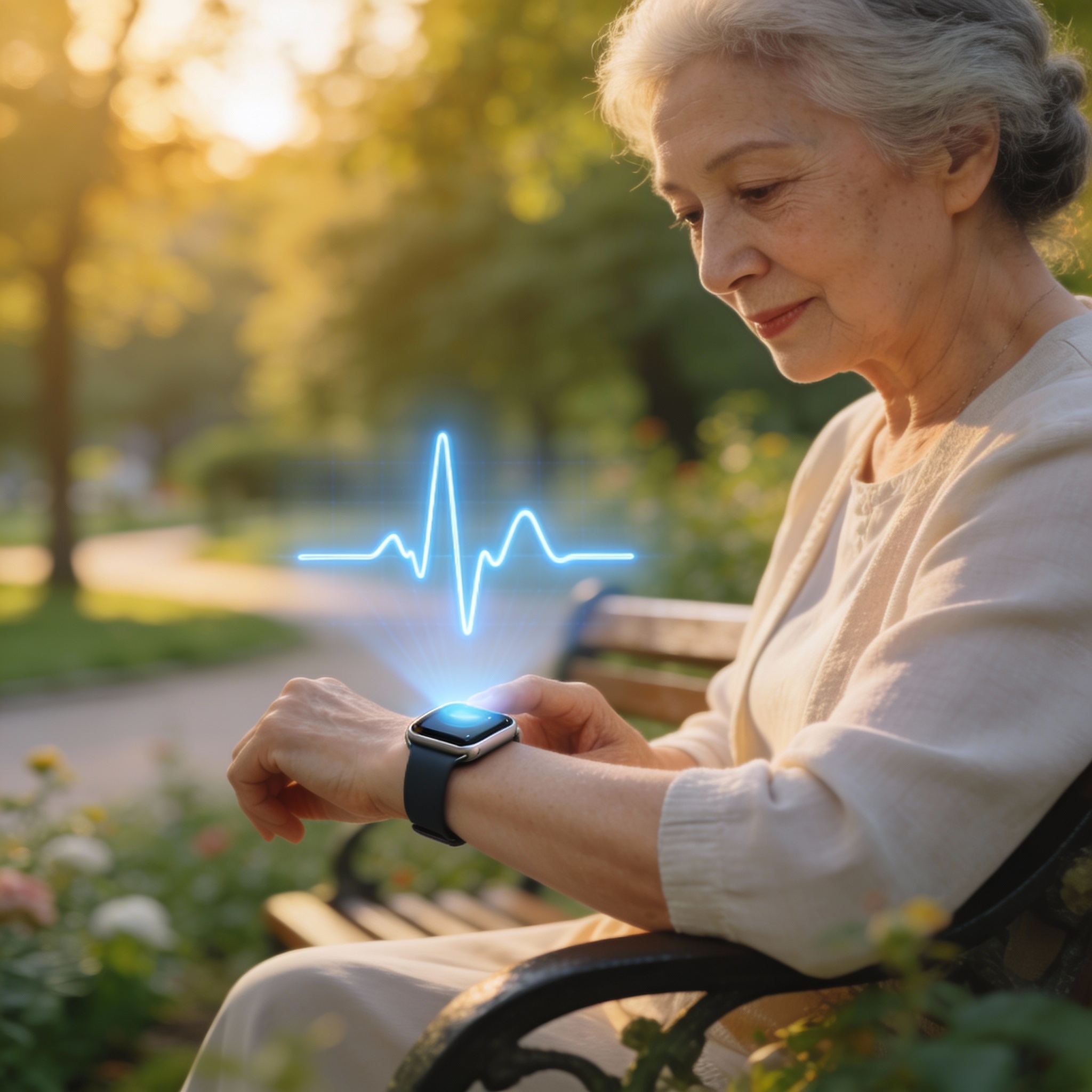Read here what's moving us right now.WIKI-MEDIACC-Bereich an.

Wearables with evidence in the guidelines
Smartwatches mit klinischer PPG- und EKG-Funktion erzielen in der EQUAL-Studie eine vierfach höhere Vorhofflimmern-Detektionsrate gegenüber Standardversorgung. Die Daten belegen Relevanz für DGK-Leitlinien, HTA-Prozesse sowie Post-Market-Surveillance und Risk Management Files.

The Unregulated Therapist
Generative KI-Tools und Therapie-Bots sind für Millionen zum de facto Anbieter psychologischer Unterstützung geworden. Sie agieren ohne HIPAA und FDA-Regulierung, sind von Natur aus unterwürfig und stehen in Verbindung mit tragischen Klagen wegen widerrechtlicher Tötung.

Ambition Meets Bureaucracy: Can the EU Really Reinvent Health Innovation?
The EU Commission's December 2025 health package introduces the Biotech Act, revised Medical Device Regulations, and the Safe Hearts Plan. Fragmentation, funding gaps, and compliance pressure on smaller companies cast doubt on whether the initiatives will prove transformative rather than visionary.

Fine-Tuning the MDR? Proposal for Changes in Art. 74
Der Vorschlag zur Änderung von Art. 74 MDR verankert PMCF-Untersuchungen künftig konsequent im PMCF-Plan. Dokumentationsanforderungen werden auf spezifische Abschnitte des Anhangs XV beschränkt, während Verweise auf Art. 62, 75–77 und 80 die Rechtssicherheit präzisieren.

EU Commission's new proposal for MDR
Der Vorschlag der EU-Kommission zur Änderung der Verordnung (EU) 2017/745 stärkt den Stellenwert nichtklinischer Nachweise bei der Konformitätsbewertung. Die vertragliche Anforderung für Gleichwertigkeit entfällt, und PMCF-Ergebnisse können direkt in die klinische Bewertung integriert werden.

What is new for clinical investigations of medical devices in Europe - dissecting the MDR evaluation
The MDR evaluation published on 16 December 2025 spans nearly 200 pages, covering clinical investigations, post-market clinical follow-up, and vigilance. Around 85% of clinical investigation applications are approved, yet resource constraints and uneven implementation signal remaining gaps.

Shaping global standards in clinical research
Caroline Schmidt-Lucke has been appointed to ISO/TC 194 and NA 027-07-20 AA for clinical investigations (ISO 14155). The updated ISO 14155:25 sets the global benchmark for clinical investigations of medical devices and digital health applications.

Beyond pilot projects: How Nordic systems are making digital health routine
Estland und Finnland haben die Digitalisierung zur Routine gemacht – durch Interoperabilität, Governance und evidenzbasierte Tools wie die eMOM-App. Die elektronische Patientenakte Estlands und klinisch erprobte Anwendungen zeigen, wie digitale Gesundheit Ergebnisse verbessert und Ressourcen spart.

From theory to routine: AI-supported decentralized clinical trials
Dezentralisierte klinische Studien erfordern gemäß MDR und ISO 14155:2020 adaptive Evidenzgenerierung mit KI-gestützter Überwachung und digitalen Endpunkten. Das EU-KI-Gesetz klassifiziert KI-Systeme nach Risiko und schreibt Konformitätsbewertung sowie menschliche Aufsicht vor.

Cancer vaccination — a milestone in modern medicine?
Personalised mRNA-based cancer immunisation trains the immune system to combat existing tumours, unlike classical preventive vaccination. Early clinical trials show significantly prolonged survival with mRNA vaccines combined with immunotherapy, even in hard-to-treat tumours.
Demonstrate the medical benefits of your product
With our many years of experience and expertise, we offer effective solutions to demonstrate the medical benefits of your product.
From the conception to the execution of preclinical and clinical investigations, we support you with customized services.
Find out how MEDIACC can help you achieve reimbursability for your products.
